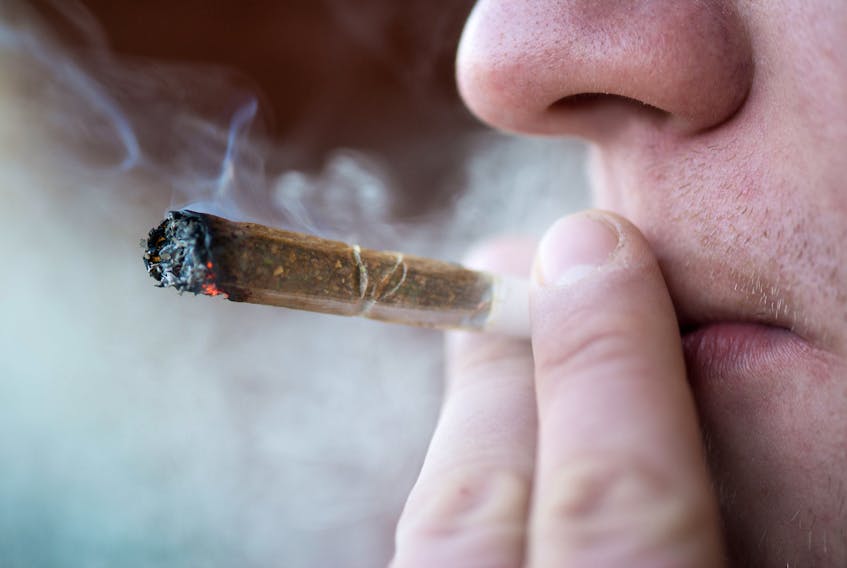The Association of Psychology Newfoundland and Labrador has issued a release talking about its concerns and making suggestions about the upcoming legalized sale and use of cannabis in Newfoundland and Labrador. The association warns there are risks, particularly for youth and special populations.
“We recognize that Newfoundland and Labrador must proceed within the context of the change in federal laws coming into effect in July 2018,” the release states.
“We also believe that Newfoundland and Labrador should follow the stated intent of the federal legislation … not to promote recreational use of cannabis, but rather to displace the current illegal system with a regulated system that will be better able to prevent use and limit irresponsible use in general."
The APNL says while there are indications cannabis or some of its constituents have potential benefits for people with certain medical problems, there is also evidence that cannabis can have harmful effects on developing human brains. The association is worried that young people will be adversely affected, saying brains are in development up to about the age of 25.
“Research has demonstrated that regular cannabis use in youth and young adults can impact cognitive, attention, memory, processing speed, visuospatial reasoning and overall intelligence,” the release warns. “Unfortunately, many of these impairments remain permanent, despite abstinence following regular use. Education towards youth as well as their parents will be critical in allowing citizens to make informed choices and knowing the potential risks.”
Particular groups of individuals are particularly vulnerable to developing a primary psychotic illness with early and regular use of cannabis, the APNL says. Public education will be important so that those at risk can make informed choices.
“Individuals with a family history of psychosis, schizophrenia, bipolar disorder and panic disorder are known to be particularly vulnerable. Cannabis use may also increase the risk of depression, the release says. “High potency cannabis has been demonstrated to worsen a number of psychological conditions, particularly individuals with panic and anxiety disorders.”









